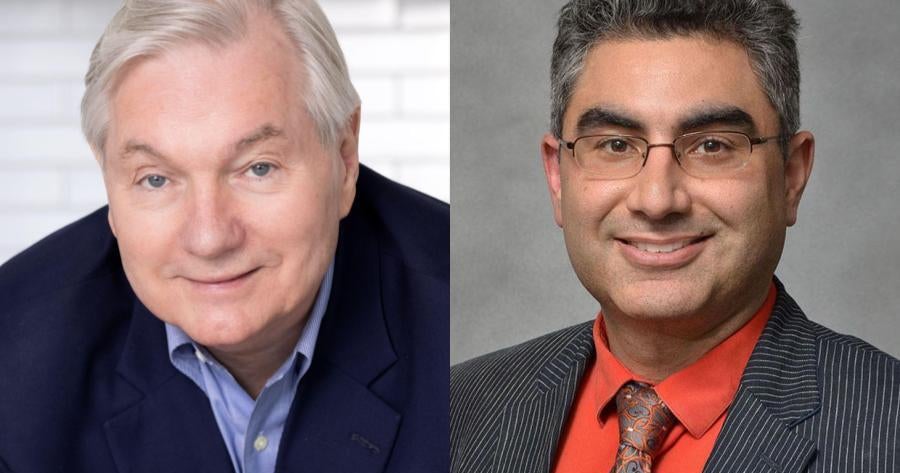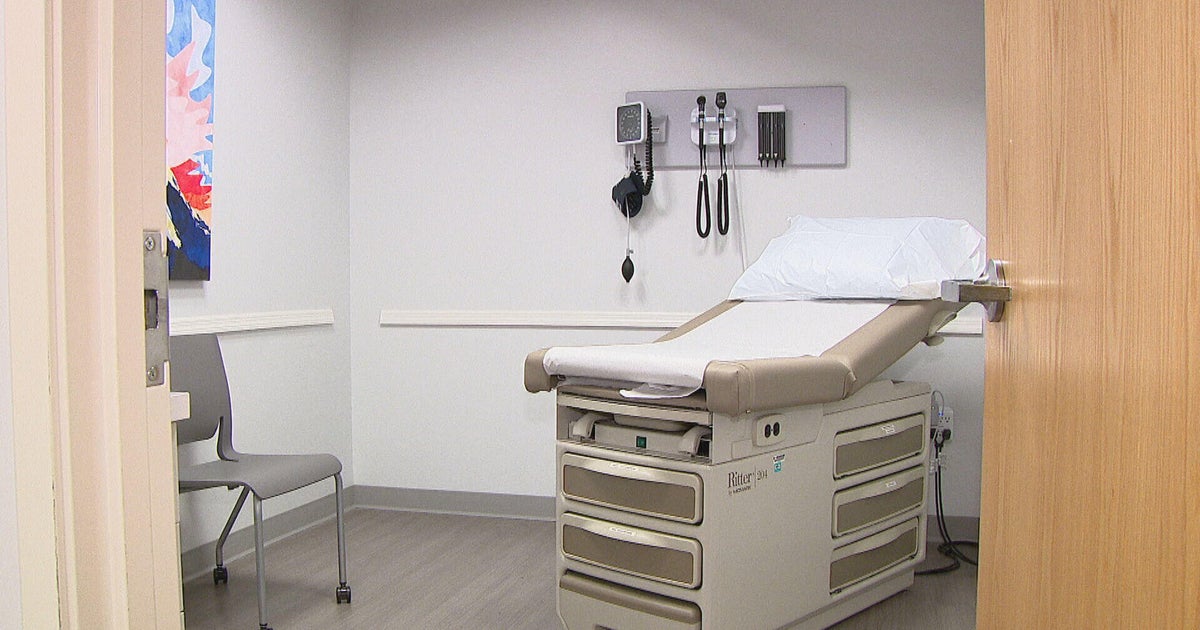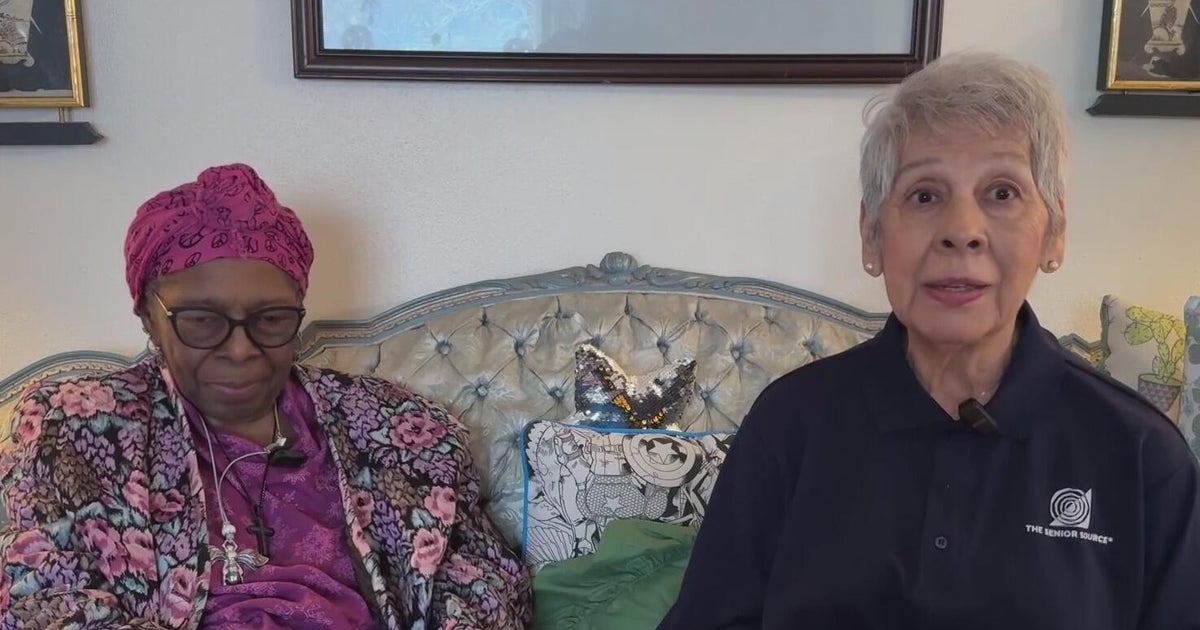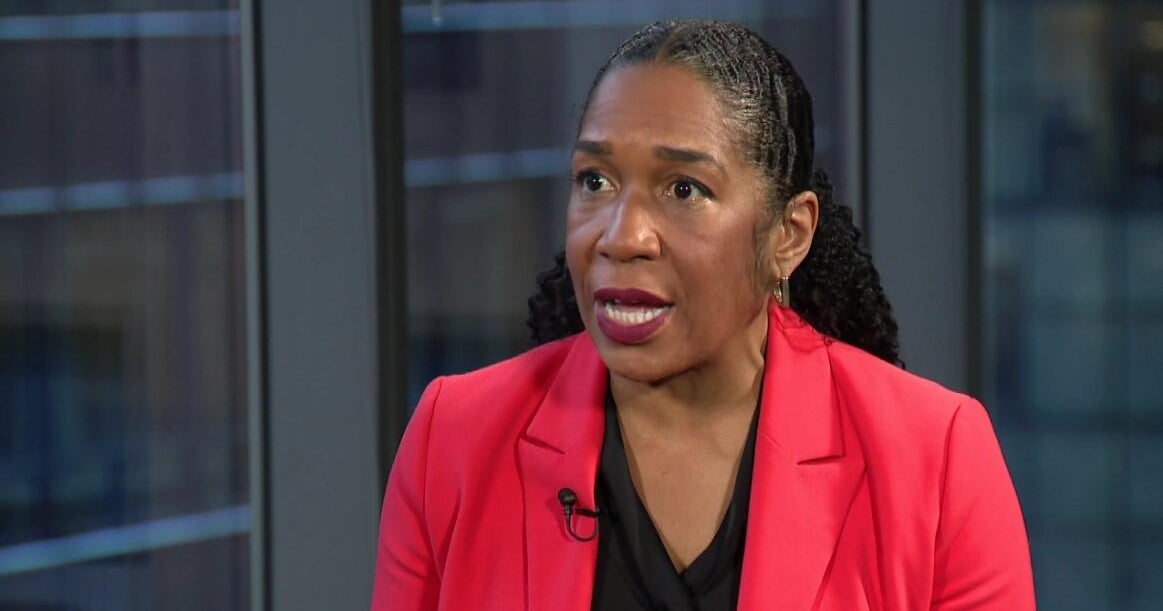It's Been 40 Years Since The Beginning Of The HIV/AIDS Epidemic
MIAMI (CBSMiami) – June 5 marked the 40th year since the of the beginning of the HIV/AIDS epidemic. More than 34 million people have died around the world since then.
CBS4's Michael George took a look back, and what's next in this public health crisis.
For Dr. Perry Halkitis, the fight against AIDS isn't just his life's work. He's been living with HIV for more than 35 years. He's also lost loved ones to the disease, including his former partner and, just days ago, a close friend.
"My experience, just in the last week, is so real and so visceral," Dr. Perry Halkitis said. "Because I thought that part of my life was over, I thought the death of my friends was over, and it's not."
Dr. Halkitis is the dean of Rutgers University's school of public health. He advocates for research and treatment at a time he says the public talks less and less about AIDS.
It's been 40 years since the CDC reported the first cases of a mysterious illness among healthy gay men that would later be known as aids.
"Along with a death sentence, stigma defined what it meant to Have HIV or AIDS," said Dr. Ronald Bayer.
Dr. Bayer's research at Columbia University focuses on social justice and ethical matters related to AIDS. He authored a paper describing what doctors experienced when no effective treatments were available for 15 years.
"I think people tend to forget the sorrow, the difficulty, the suffering that came before that," said Dr. Bayer. "We have made remarkable progress, I think it would be a terrible mistake to forget the devotion of the doctors and nurses who cared for these people
Currently, antiretroviral therapy helps patients live longer, healthier lives, while lowering transmission risk. The daily pill known as prep prevents those at high risk from getting infected. Still 37,000 people are diagnosed with HIV each year and around 1 million are living with HIV in the U.S.
"This is a disease which continues to exist, one for which there is no vaccine, and there is no cure," said Dr. Halkitis.
Dr. Halkitis said just like with the COVID vaccine, the government, the medical community and the public need to work together.
"What the COVID epidemic is shown us is there's nothing we can't defeat," said Dr. Halkitis. "We need to end AIDS now."
A new CDC study just released shows new annual HIV infections decreased 73% from the beginning of the AIDS epidemic to now. Health officials say that is a result of the work of scientists, patients and activists.







